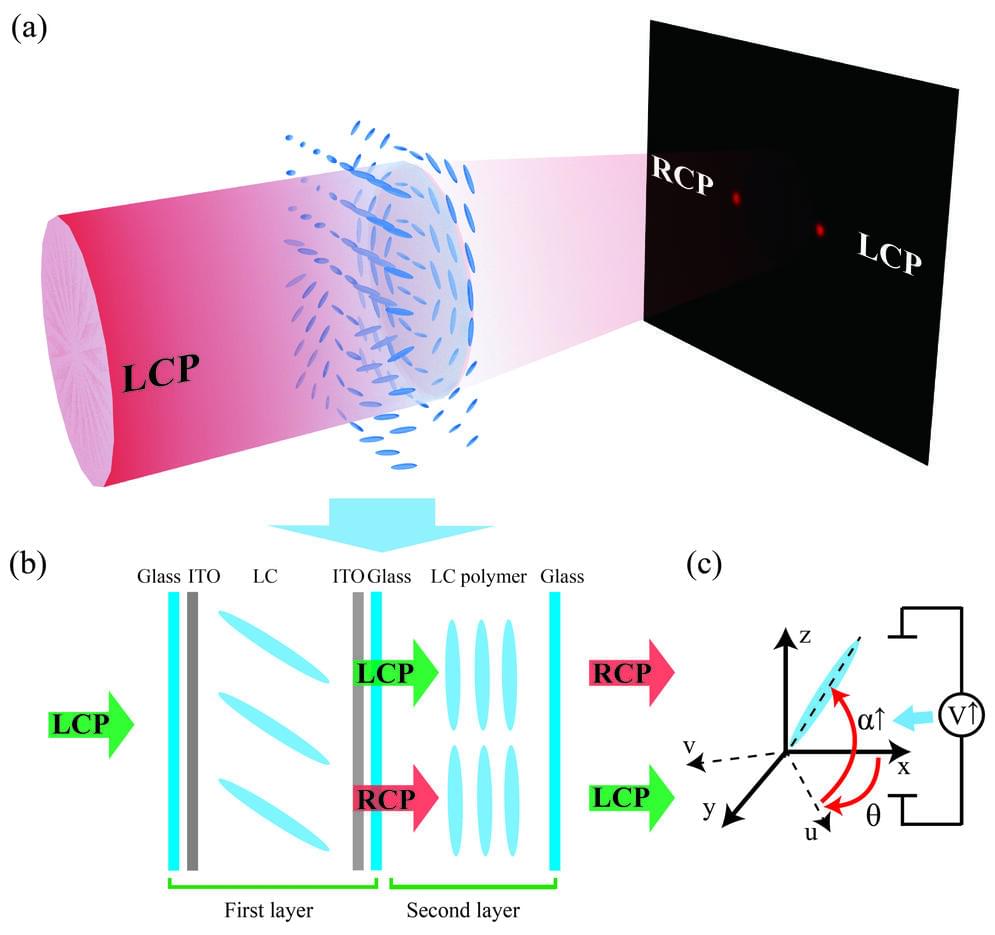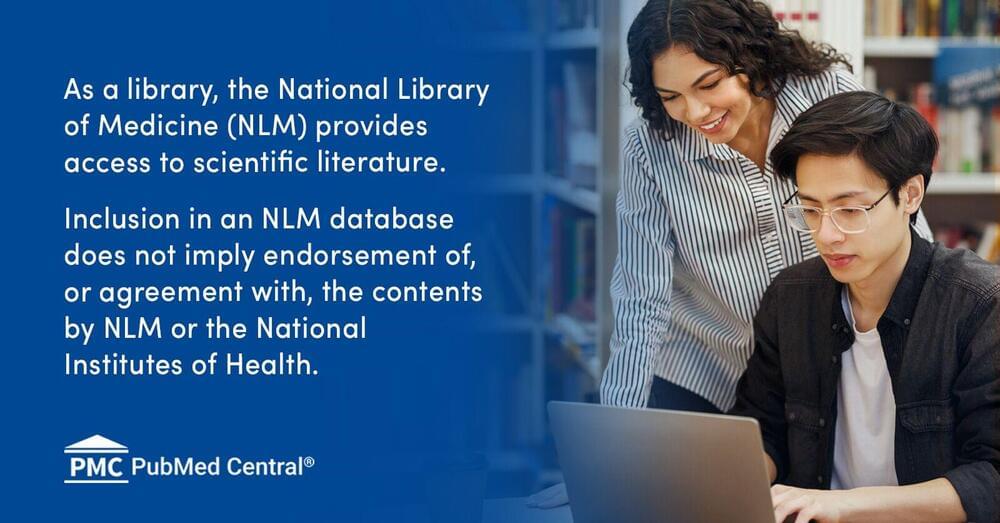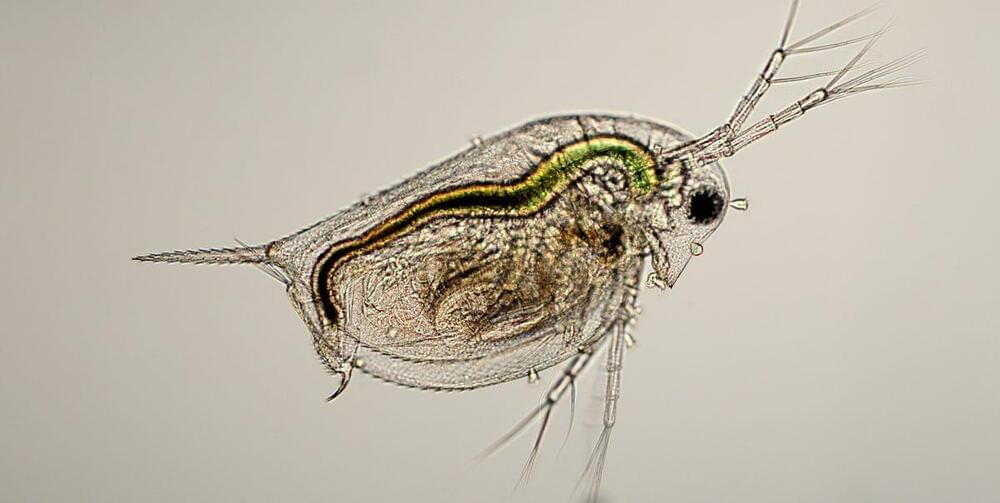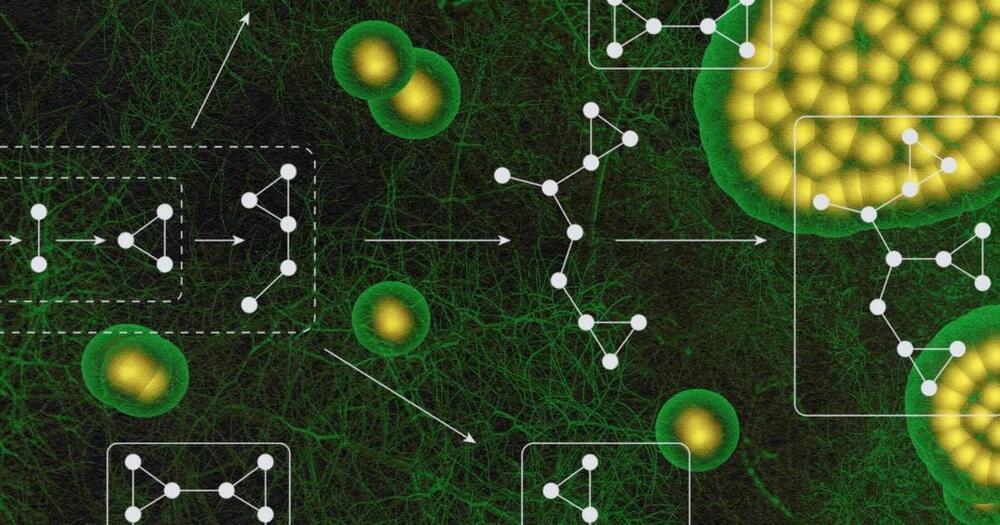The past decade has witnessed the great success of deep neural networks in various domains. However, deep neural networks are very resource-intensive in terms of energy consumption, data requirements, and high computational costs. With the recent increasing need for the autonomy of machines in the real world, e.g., self-driving vehicles, drones, and collaborative robots, exploitation of deep neural networks in those applications has been actively investigated. In those applications, energy and computational efficiencies are especially important because of the need for real-time responses and the limited energy supply. A promising solution to these previously infeasible applications has recently been given by biologically plausible spiking neural networks. Spiking neural networks aim to bridge the gap between neuroscience and machine learning, using biologically realistic models of neurons to carry out the computation. Due to their functional similarity to the biological neural network, spiking neural networks can embrace the sparsity found in biology and are highly compatible with temporal code. Our contributions in this work are: (i) we give a comprehensive review of theories of biological neurons; (ii) we present various existing spike-based neuron models, which have been studied in neuroscience; (iii) we detail synapse models; (iv) we provide a review of artificial neural networks; (v) we provide detailed guidance on how to train spike-based neuron models; (vi) we revise available spike-based neuron frameworks that have been developed to support implementing spiking neural networks; (vii) finally, we cover existing spiking neural network applications in computer vision and robotics domains. The paper concludes with discussions of future perspectives.
Keywords: spiking neural networks, biological neural network, autonomous robot, robotics, computer vision, neuromorphic hardware, toolkits, survey, review.
Go to:






